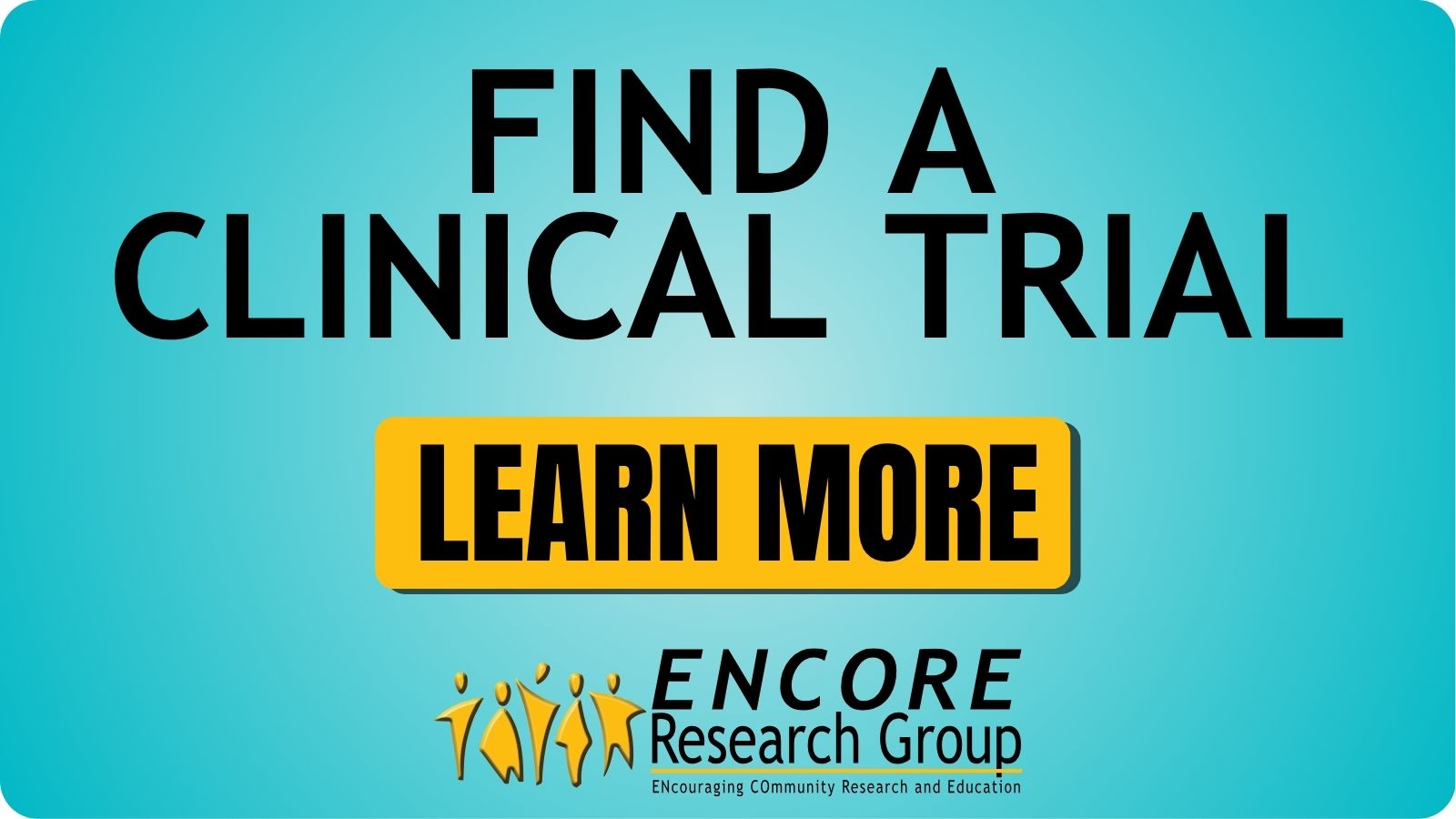Innovations in the Fight for Healthier Hearts

Audio
Recording Date: November 11, 2024
Transcripts
Transcript Generated by AI.
Kevin Geddings: 0:00
Dr. Michael Koren joining us live on the studio line, and, of course, he is a medical doctor, cardiologist, and also a research scientist, and he also directs the show at ENCORE Research Group, where they are engaged every single day in leading-edge medical research. Well, good morning, Dr. Koren.
Dr. Michael Koren: 0:18
Good morning Kevin. How are you?
Kevin Geddings: 0:20
Well, I'm doing well, doing well, and we were talking off the air about the importance of acknowledging, of course, this very special day. This is Veterans Day in America.
Dr. Michael Koren: 0:29
It is Veterans Day is an opportunity to thank people who serve in the military for their incredible service. We thank you, we honor you, and our country would not be free without all of your hard work and dedication. So again, a shout out to all the veterans out there.
Kevin Geddings: 0:44
Yeah, absolutely, and we share Dr. Koren's sentiment, obviously. But one point that you made off there which I thought was very interesting there are some leading causes of death, I guess premature death, if you will. One of them involves veterans, right?
Dr. Michael Koren: 0:58
Well, we're making the observation that we have external enemies, of course, political enemies, that we also have the enemy within which is heart disease. And each year, Kevin, the number of people who die of heart disease in the United States equals the number of deaths in all US wars combined roughly, with the exception of the Civil War, which is sort of in the category of itself. But if you take all the other wars and you add them all up, it doesn't quite get to the number of deaths each year that occur due to heart disease. So it's a major enemy and it's an enemy.
Dr. Michael Koren: 1:32
unfortunately that we've had stalling progress against. If you look at the statistics, heart disease in the United States kind of peaked in the 70s and then we saw this really amazing trend from 1980 through the early 20-teens where heart disease and stroke mortality was reduced by about 60%.
Dr. Michael Koren: 1:55
We actually reduced it by more than half, which is really amazing and unfortunately we've stalled since sort of the mid-20-teens and then over the last 10 years we've not seen any further reductions. So we're kind of stuck and a lot of research scientists like myself are hoping we can figure out ways to get that trend back in a positive direction of reduction of heart disease. And a lot of this flows through research, and better research leads to better solutions and ways of really helping people reduce what we call the residual risk, meaning that people who get access to all the best care but still end up having complications of heart disease.
Kevin Geddings: 2:37
And, I guess, our lack of progress when it comes to dealing with the heart attack killer, if you will, or heart disease, cardiovascular disease, we may have something to do with it, right, with our increasing rates of obesity.
Dr. Michael Koren: 2:49
Well, there's a lot of factors and this is what research scientists debate. So, for example, we saw a tremendous amount of progress against heart disease during the time period when statins were being promoted. So the first statin came out in the late 1980s, which was Mevacor or Lovastatin, and following on the heels of Mevacor there were a number of other statins, including the most popular statins used now, which are Lipitor and Crestor. And as of the early 20-teens, all those drugs got off patents, which means they weren't being actively promoted by the drug companies. And for the reasons the side effects of these drugs became more of the focus rather than their beneficial effects. And I think that's been an important piece of this puzzle of the fact that we're kind of not making any progress over the last 10 years.
Dr. Michael Koren: 3:42
That's one piece Now, of course, there are some concerns about statins, but I'd like to remind my patients that the number one side effect of statins is that you're going to live longer, so let's not forget that. But we do have medicines now that are even more effective than statins and can be used either with or without statins, and a lot of the research we've done over the last 10 years focuses on that, and as we speak, we're doing clinical trials to find better ways of treating patients that have high cholesterol so they avoid heart disease and stroke. Interesting.
Kevin Geddings: 4:14
So it may not necessarily be all our fault, right?
Dr. Michael Koren: 4:18
No, these are often genetic things or we all slip up from time to time, and that's to be expected with human beings.
Dr. Michael Koren: 4:26
But if you have medicines on board, and you're under those circumstances, you have this really very effective insurance policy, and for a lot of people that's important, and of course it's not just the cholesterol. Statins are a piece of the puzzle and cholesterol is a piece of the puzzle, but obviously there are other pieces of the puzzle. So not smoking would be an important one, and we've done research to try to help people quit that habit.
Dr. Michael Koren: 4:51
Getting your blood pressure under control We've had research that has shown people can do that more effectively with some of the newer medications out there and the newer approaches. Here's a great example we're finding that if somebody has a pacemaker, there may be a technology that we can use to program the pacemaker to help lower your blood pressure. That's a study that we're enrolling in now if people are interested. So we're looking at all these different niches and trying to come up with ways of treating people better. And then, finally, the whole diabetes obesity complex has been approached with drugs like Ozempic and Mounjaro, both of which we studied at our centers, and what we're finding is that as we control blood pressure actually as we control the diabetes and the weight, the blood pressure and cholesterol get better as well. So that's another nice opportunity and we're doing studies as we speak, to help people under those circumstances Interesting.
Kevin Geddings: 5:45
And also for more information about just cardiovascular health in the United States. Some accurate information, you know, data that you can trust. Dr. Koren has a website that he'd like you to check out.
Dr. Michael Koren: 5:55
Yeah, MedEvidence is our platform for helping people understand the truth behind the data, and I'm actually going to do a podcast later today with a fellow cardiologist and dig into this issue a little bit more. So hopefully that'll be published within the next week and people can dig into more details. Obviously, our brief discussion on Mondays sometimes leads to a more advanced, detailed discussion in MedE vidence. So for people that enjoy our discussions, I would invite them to look at MedE vidence and maybe take a deep dive into the data.
Kevin Geddings: 6:28
Dr. Michael Koren. Thank you very much for all your time this morning and be safe out there, okay.
Dr. Michael Koren: 6:32
Okay, kevin, always good talking to you.



